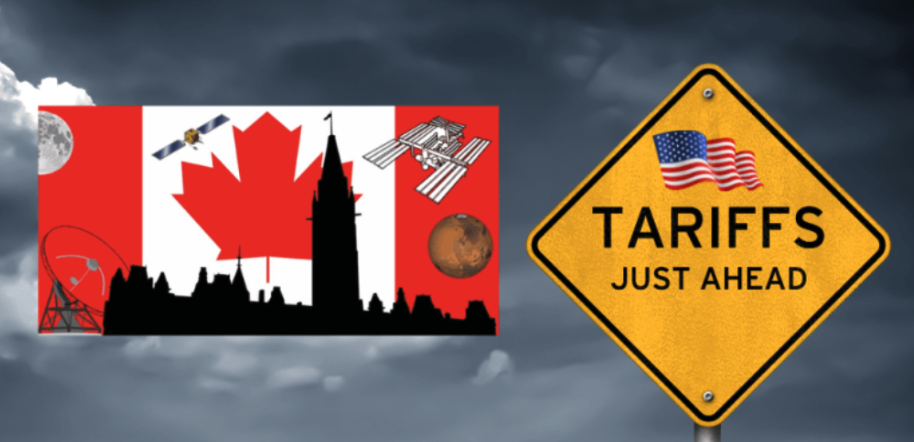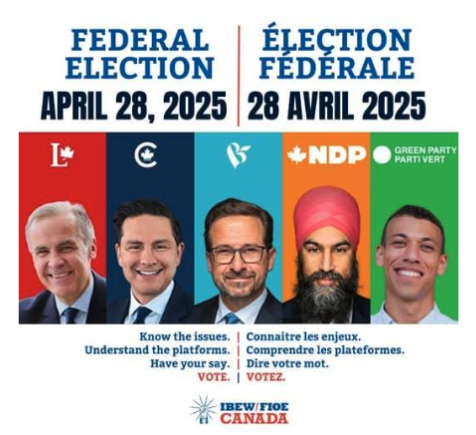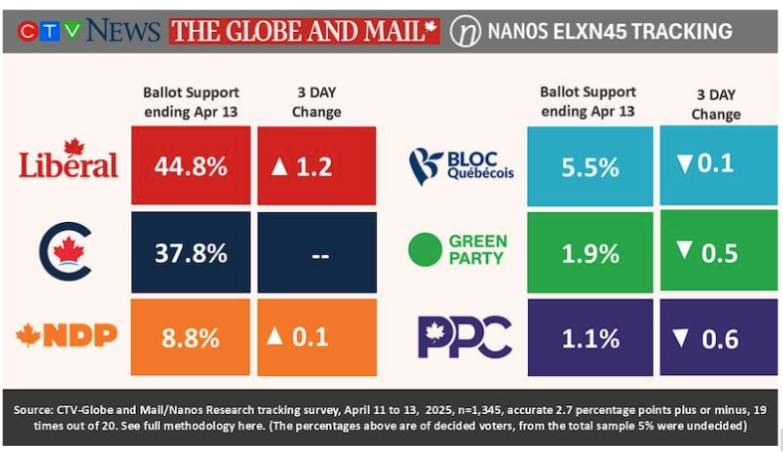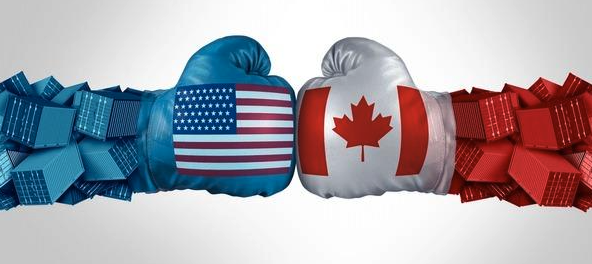Imagine a world where international trade suddenly turns tense and economic cooperation gives way to tariffs and retaliation. That’s exactly what’s unfolding between Canada and the United States. While Canadians prepare to welcome the country’s 45th Prime Minister, many are also navigating the real-life consequences of a trade war that’s affecting both consumers and businesses nationwide.
What are Tariffs and why are they in place?
Tariffs are taxes charged on goods bought from other countries. According to BBC News, U.S. President Donald Trump argues that tariffs encourage American consumers to buy domestically, increase tax revenue and promote investment in the U.S. He says they are a way to reduce trade imbalances and protect American industries, even accusing other nations of “cheating” the U.S. in global trade. Some of the earliest tariffs during his current term targeted China, Mexico and Canada — a move he claimed was also about curbing illegal migration and drug imports into the United States.

Source: SpaceQ, 2025
Background situation on the tariffs between Canada and the US:
Previously, the Ontario government introduced and then suspended, a 25 per cent surcharge on the electricity it sends to three U.S. states.
March 4, 2025
The U.S. imposed tariffs of 25 per cent on Canadian exports and 10 per cent on energy product exports from Canada.
- Effective March 4, 2025, Canada imposed tariffs on $30 billion in goods imported from the U.S.
- This includes products such as orange juice, peanut butter, wine, spirits, beer, coffee, appliances, apparel, footwear, motorcycles, cosmetics and certain paper products.
March 12, 2025
The U.S. imposed tariffs of 25 per cent on Canadian steel and aluminum products.
- Effective March 13, 2025, Canada imposed 25 per cent reciprocal tariffs on a list of products totalling $29.8 billion, including:
- $12.6 billion in steel products
- $3 billion in aluminum products
- $14.2 billion in additional imported U.S. goods (including tools, computers and servers, display monitors, sport equipment, and cast-iron products)
April 3, 2025
The U.S. imposed a 25 per cent tariff on Canadian automobiles.
- Effective April 9, 2025, Canada imposed 25 per cent tariffs on non-CUSMA compliant vehicles imported into Canada from the United States and 25 per cent tariffs on non-Canadian and non-Mexican content of CUSMA compliant vehicles imported into Canada from the United States.
April 9, 2025
- White House says Canada is exempt from Trump’s baseline reciprocal tariffs, raising China’s to 125 percent.

Source: (IBEW 213 News, n.d.)
Why is there a federal election in Canada now?
Under Canadian law, a federal election must be held at least every five years. The next vote was originally scheduled for October 20, 2025. However, an early election can be triggered in two scenarios: if the Governor General accepts the Prime Minister’s advice to dissolve Parliament, or if the government loses a confidence vote. In this case, Prime Minister Mark Carney advised dissolution — triggering a snap election now scheduled for Monday, April 28, 2025.
According to a three-day rolling sample by Nanos Research, the Liberals are in the lead of the race, with 44.8 per cent of votes.

Source: CTV News
How are Canadians really feeling?
This situation is not an easy one for Canadians and businesses, as the cost of goods goes up, residents wonder how they are going to afford basic needs like groceries, as well as how businesses will be able to purchase essential supplies. According to an article by CTV News, Sarnia Mayor Mike Bradley quotes “People are concerned about their jobs, the impact on trade with the U.S., and the overall relationship. It’s everywhere, and you can feel the anxiety. I’m really concerned about the mental health of people across this country going through this. It makes you anxious, it makes you uncertain of yourself and you can see that stress every day.” This sentiment is shared by many Canadians facing inflation, job concerns and uncertainty about how long the trade war will continue.
Sarnia Mayor Mike Bradley quotes “We need a strong federal government that has the full backing of Canadians from coast to coast,” he said. “We need to send a strong message to the Trump administration that we are strong, and we have our elbows up.”
Conclusion:
As a Canadian, I believe it’s important for voters to choose a political party that can lead with strength and economic knowledge. We need a government that’s ready to stand up to new tariffs and laws coming from the Trump administration and to support both businesses and everyday Canadians through these challenges.
My thoughts are with everyone impacted — this is a deeply stressful economic time and I hope it will be resolved in a fair and lawful way. As Prime Minister Mark Carney shared during a campaign pause on April 11, he has spoken with both Canadian and American officials and left instructions to ensure that the next government is ready to negotiate with the United States.
Source: Global News– [https://www.youtube.com/watch?v=UsSXn0xsrGc]

